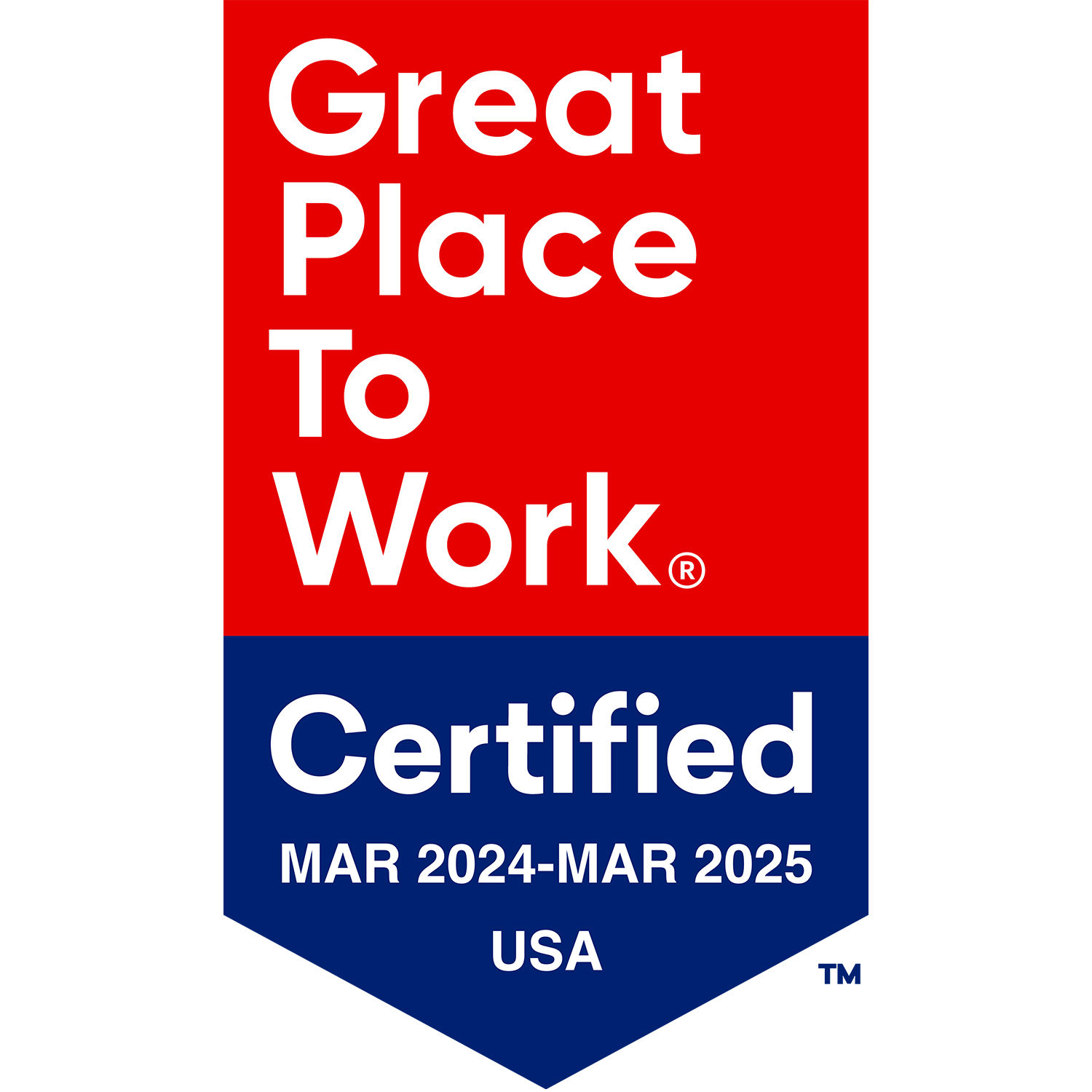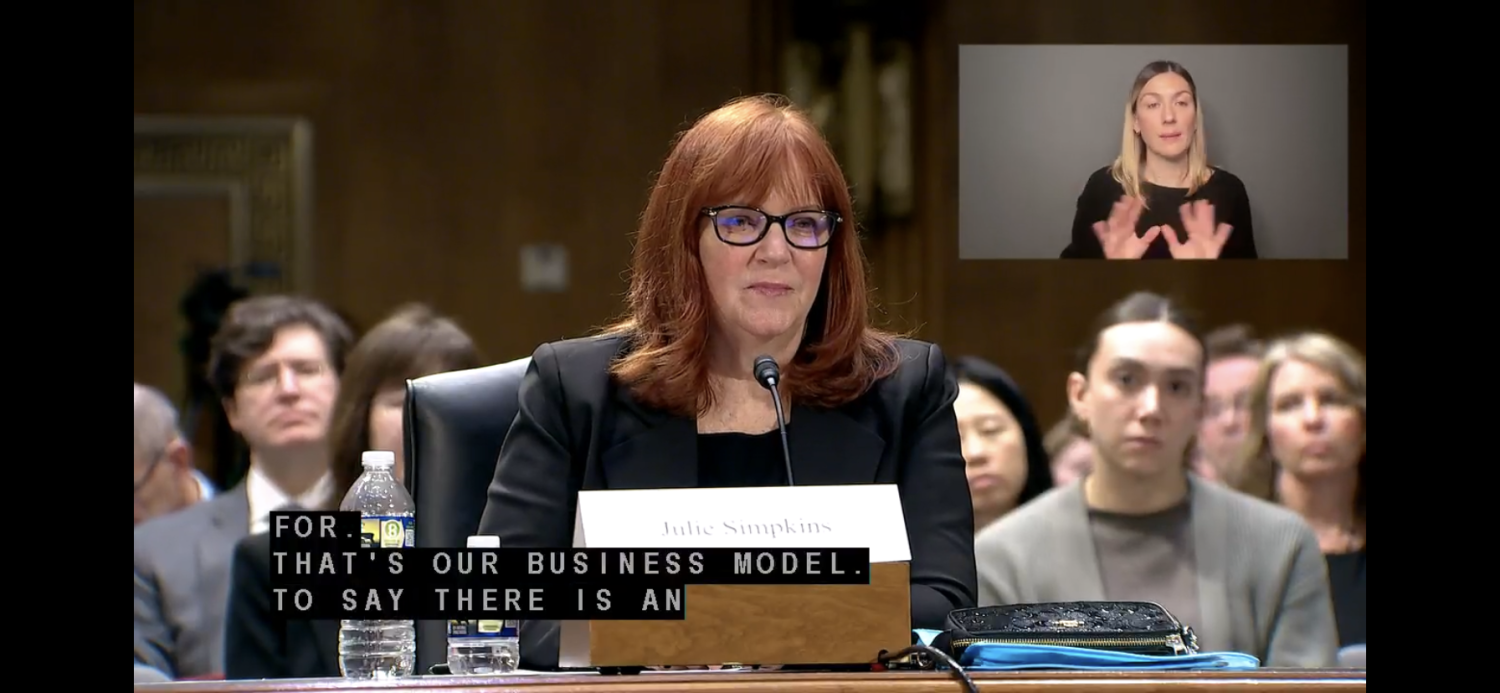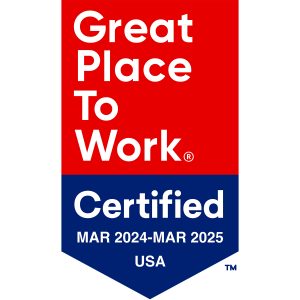By Rick Banas of assisted living provider BMA Management, Ltd.
Your phone rings shortly after 2 p.m. on a Tuesday afternoon. It is someone saying he is from your bank. There is a problem with your account. All you need to do to get the problem fixed is provide information about your account, your date of birth and your social security number so he can verify that what your bank has is correct.

Your bank will not call you asking for personal information, Larry Burton cautioned us during programs on Identity Theft that he conducted last week at our Heritage Woods affordable assisted living communities in Manteno and Watseka, Illinois. Neither will the federal government.
Larry is a financial associate with Thrivent Financial.
Callers posing as representatives of the government or legitimate businesses such as banks and credit card companies and saying that personal information needs to be updated is one common method of Identity Theft. They use the information to open credit cards and take out loans in your name, clean out your bank account, file false tax returns and obtain government benefits.
Identify theft is one of the fastest growing crimes in the United States, Larry noted. It can and does happen, and it can take weeks or months before it is discovered.
Seniors often are victims. As Loretta LaBrec, Director of Marketing at Heritage Woods of Watseka, so aptly pointed out, “unfortunately we are a generation that trusts everybody. We didn’t lock the doors to our house and our cars.”
What surprised me is that Identity Theft is more prevalent off-line than online and half of all Identity Theft is committed by someone you know – a friend, relative, neighbor, co-worker.
Here some tips recommended by Larry to reduce your risk of becoming a victim of Identity Theft:
Do not give out any personal information such as account numbers, credit card numbers, or your Social Security or Medicare numbers to anyone who calls you. If someone calls asking for personal information, hang up.
Do not open e-mail attachments from individuals you do not know.
Use strong passwords – a combination of lowercase and capitalized letters, numbers and symbols. They should be at least eight characters long.
Have virus protection installed on your computers and smartphone and update it regularly.
Do not carry around your Social Security card or your Medicare card.
Install a mailbox that locks.
Use a shredder to shred information you do not need anymore. Keep information you need in a locked box.
Beware of any goods or services that are being sold over the Internet for too good to be true prices.
Review the detail of all your credit card statements to verify that all of the charges are appropriate.
Report any suspected fraudulent activity immediately to the financial institutions you use, to your credit card companies, and to your local police department. If you are a resident of one of the senior living, assisted living or memory care homes or apartments that BMA manages, also report any suspicious activity to the Administrator or another department head. If the problem is large and extends to multiple accounts, you can also contact the Federal Trade Commission by calling 877-ID-THEFT (877-438-4388) or go online to www.consumer.gov/idtheft.
Keep copies of everything pertaining to your situation and keep a record of all your interactions.
Review your credit reports at least once a year. You can obtain free copies of your credit report from the following three credit reporting agencies:
Equifax | 888-766-0008 | www.equifax.com
Experian | 888-397-3742 | www.experian.com
TransUnion | 800-680-7289 | www.transunion.com
Since each of these companies offer a free credit report annually, the best approach would be to obtain a report from a different company once every four months.
All affordable assisted living communities managed by BMA Management, Ltd. are certified and surveyed by the Illinois Department of Healthcare and Family Services. All assisted living communities are licensed and surveyed by the Illinois Department of Public Health.
“BMA Management, Ltd. is the leading provider of assisted living in Illinois
and one of the 20 largest providers of assisted living in the United States.”
What are your thoughts? Leave a comment and let us know.




